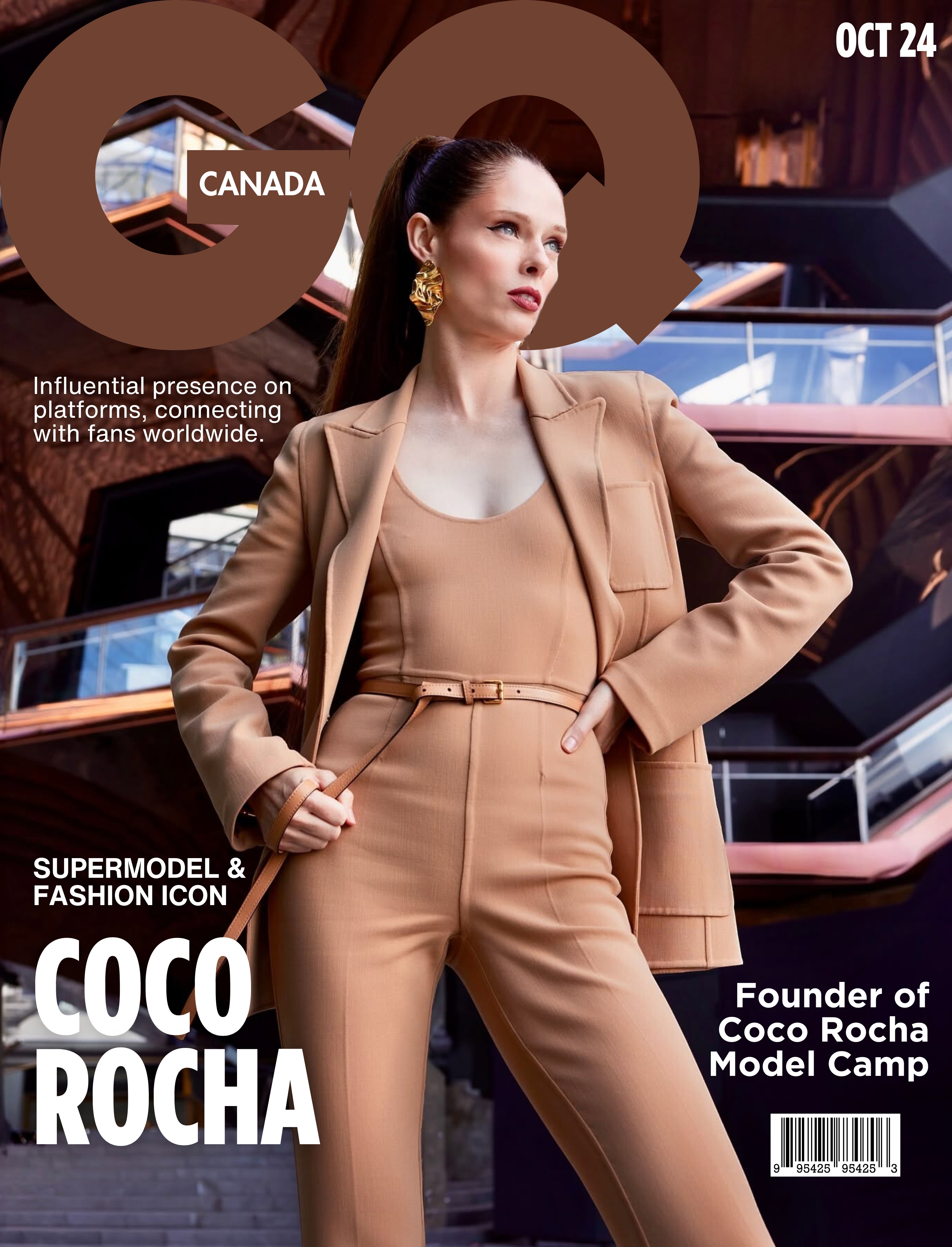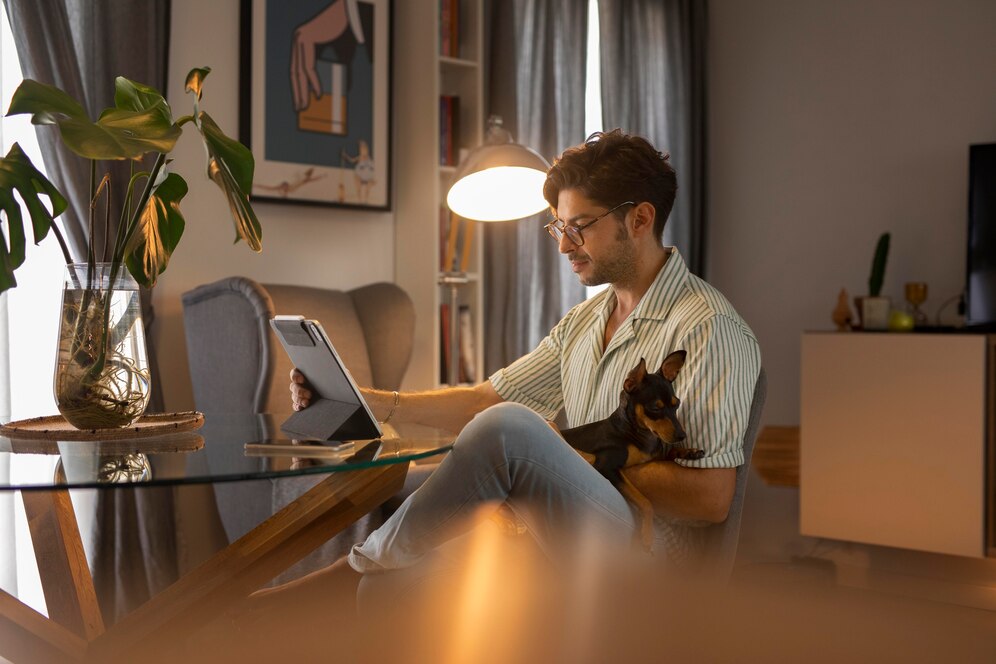The COVID-19 pandemic has significantly reshaped the workplace, leading to a widespread adoption of remote work. As businesses continue to adapt to this new landscape, it’s essential to examine the long-term implications of remote work on corporate culture, employee productivity, and the future of office spaces.
Corporate Culture Transformation
Remote work has prompted companies to reevaluate their corporate culture. Traditional office environments fostered in-person collaboration and spontaneous interactions, which are vital for building relationships and a cohesive company culture. With remote work, organizations must find new ways to engage employees and maintain a sense of community.
Companies are increasingly adopting digital tools to facilitate communication and collaboration, such as Slack, Microsoft Teams, and Zoom. However, this shift can lead to challenges in fostering a strong corporate culture. Many organizations are now focusing on creating a virtual culture through regular check-ins, virtual team-building activities, and clear communication of company values. According to a report by Harvard Business Review, organizations that prioritize a strong virtual culture are likely to retain employees and maintain high morale .
Employee Productivity
The impact of remote work on employee productivity has been mixed. While some studies suggest that remote work can lead to increased productivity due to fewer distractions and flexible working hours, others indicate that the lack of in-person supervision and collaboration can hinder performance.
A survey conducted by FlexJobs found that 65% of respondents reported being more productive working from home compared to a traditional office environment . However, the challenge remains in maintaining work-life balance. Many employees struggle with the blurred lines between work and personal life, which can lead to burnout. Companies are now emphasizing the importance of setting boundaries and promoting mental health resources to support their workforce.
Future of Office Spaces
As businesses reassess their operational strategies, the future of office spaces is undergoing significant transformation. Many companies are adopting hybrid work models, combining remote and in-office work. This approach allows employees to enjoy the benefits of remote work while still having access to office resources when needed.
The design of office spaces is also changing. Companies are shifting from traditional cubicles to collaborative spaces that foster teamwork and creativity. According to a report by McKinsey, organizations are considering flexible office layouts that accommodate varying work styles and preferences . This trend suggests a move toward a more agile workspace that can adapt to the needs of a hybrid workforce.
Conclusion
The long-term implications of remote work are profound, influencing corporate culture, employee productivity, and the design of office spaces. As companies navigate this evolving landscape, they must remain adaptable and prioritize employee well-being to thrive in the future of work. The shift toward a hybrid work model, combined with innovative office designs and a strong virtual culture, will likely define the new normal in corporate environments.


.jpg)
.jpg)
.jpg)
.jpg)
.jpg)


.jpg)






